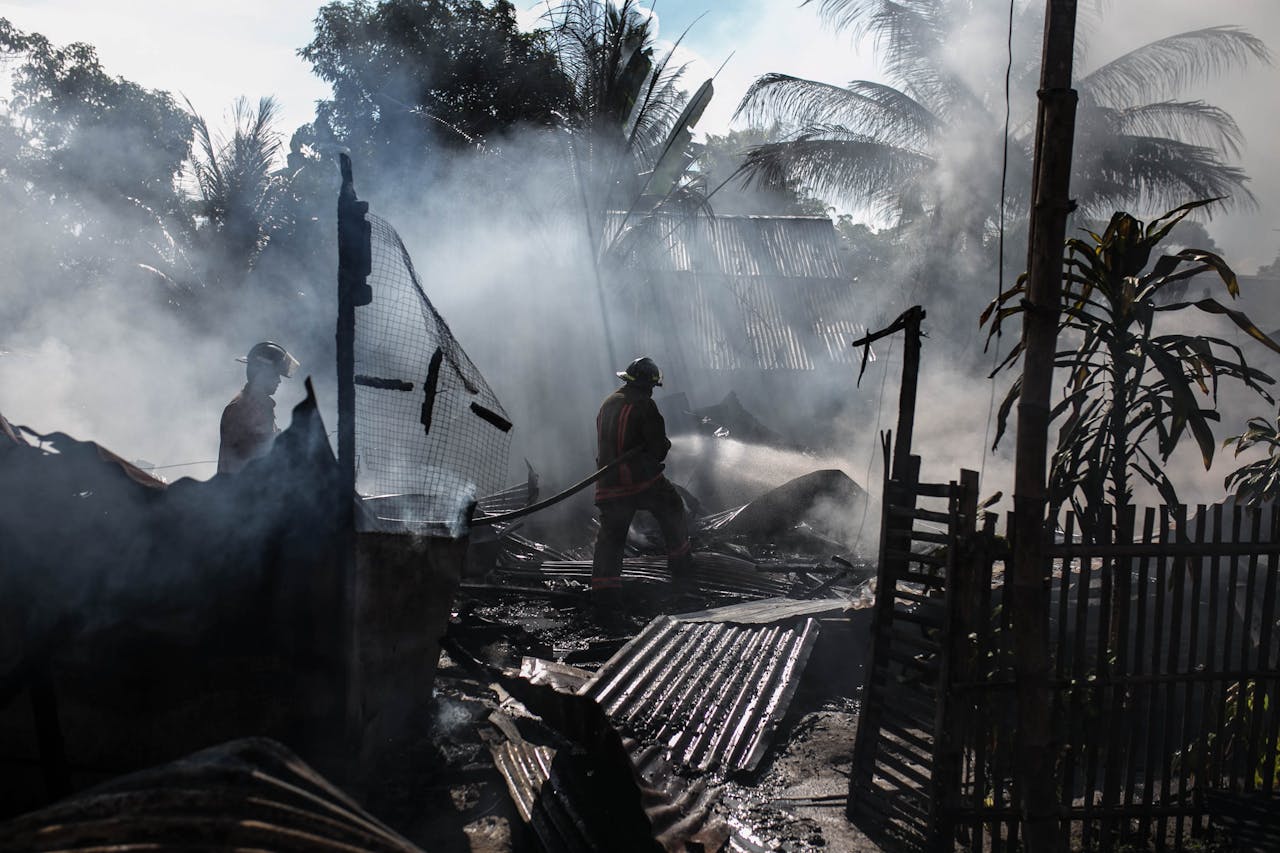
Natural disasters can turn your world upside down in minutes. You think your insurance policy will help you get back on your feet. But sometimes, state rules can leave you without coverage when you need it most. Many people don’t realize that insurance isn’t just about paying your premiums. It’s also about following the rules set by your state. If you break these rules, your insurance company might deny your claim after a disaster. That’s a tough lesson to learn when you’re already dealing with damage and loss. Here’s what you need to know about state rules that can void your insurance after a natural disaster.
1. Not Disclosing Home Improvements
If you make changes to your home, like adding a new room or finishing your basement, you need to tell your insurance company. Some states require you to report major improvements within a certain time frame. If you don’t, your policy might not cover the new parts of your home. After a natural disaster, you could be left paying for repairs out of pocket. Always check your state’s rules about reporting home improvements. It’s not just about being honest—it’s about making sure your coverage matches your home.
2. Failing to Maintain Your Property
Insurance is there to help when something unexpected happens. But if you don’t take care of your property, your claim could be denied. Many states have rules that require homeowners to keep their homes in good condition. If your roof was already leaking before a storm, your insurance company might say the damage was due to neglect, not the disaster. This rule applies to things like broken windows, old wiring, or even overgrown trees. Regular maintenance isn’t just about curb appeal. It’s about protecting your insurance coverage.
3. Ignoring Mandatory Evacuation Orders
When a hurricane or wildfire is coming, state and local officials may issue mandatory evacuation orders. If you ignore these orders and stay behind, your insurance company might deny your claim for any damage or loss that happens while you’re there. Some states have clear rules about this. The idea is that you’re putting yourself and emergency responders at risk. If you want your insurance to work for you after a disaster, follow all evacuation orders. It’s about safety—and your coverage.
4. Using Your Home for Business Without Notifying Insurer
Running a business from home is more common than ever. But if you don’t tell your insurance company, you could be breaking state rules. Many states require you to disclose if you use your home for business purposes. If a natural disaster damages your business equipment or inventory, your claim could be denied if you never reported the business use. Even something as simple as storing products in your garage can count. Always check your policy and state rules before starting a home business.
5. Not Following Building Codes During Repairs
After a disaster, you might want to repair your home as quickly as possible. But if you don’t follow local building codes, you could void your insurance. States often require that all repairs meet current codes. If you cut corners or hire unlicensed contractors, your insurance company might refuse to pay for future claims. This rule protects you and your neighbors. Building codes exist for a reason—they keep homes safe during the next disaster. Always get the right permits and inspections.
6. Letting Your Policy Lapse
This one sounds simple, but it happens more than you think. If you miss a payment and your policy lapses, even for a day, you might not be covered when disaster strikes. Some states have strict rules about grace periods and reinstatement. If your policy isn’t active when the disaster hits, your claim will be denied. Set reminders for your payments. Ask your insurer about automatic payments if you’re worried about forgetting. Don’t let a missed payment cost you your home.
Why Knowing State Rules Protects Your Insurance
State rules can make or break your insurance coverage after a natural disaster. It’s not enough to just have a policy—you need to follow the rules that come with it. These rules exist to protect both you and the insurance system. They make sure everyone plays fair and that coverage is there when it’s truly needed.
Understanding these state rules can save you from a lot of stress and financial pain. It’s easy to assume your insurance will always be there, but small mistakes can have big consequences. Take the time to review your policy, keep up with maintenance, and stay informed about your state’s laws. That way, you’ll be ready when the unexpected happens.
Have you ever had an insurance claim denied after a natural disaster? What did you learn from the experience? Share your story in the comments.
Read More
Securing an Auto Loan in Addison, TX: What You Need to Know
Unnecessary Purchases That Hinder Savings
The post 6 State Rules That Can Void Your Insurance After a Natural Disaster appeared first on Budget and the Bees.







